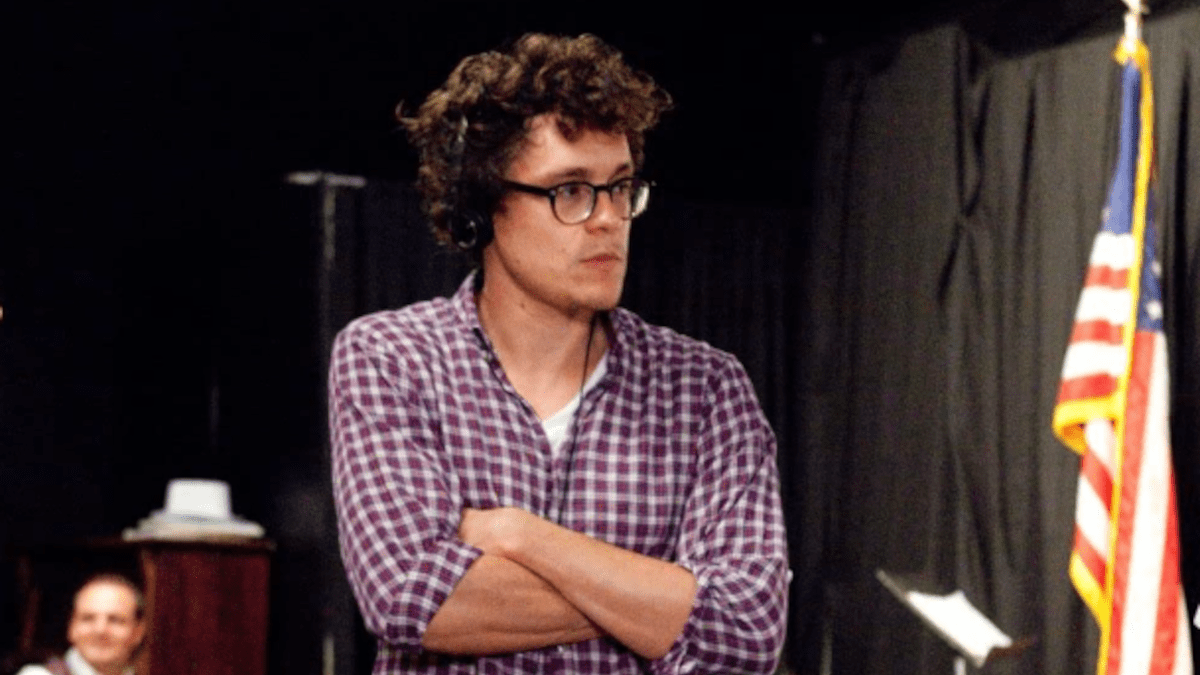“Death by a Thousand Paper Cuts” would make a great name for a movie if one were to be made about Phil Lord and the making of Spider-Man: Across the Spider-Verse. The staff who worked on that film have spoken up, and his process was so long and grueling that some great talent quit before the project was complete.
The hypothetical title comes from an experienced artist who worked on the film and chose to be unnamed in an interview with Vulture, “This production has been death by a thousand paper cuts.” In fact, a veteran animator, a staff member, and an artist who had worked with Lord before also chose to be unnamed as they spoke about their experiences and how it was drastically different working on the 2023 Spider-Man animation.
The veteran animator added insight into what exactly was the issue with working with Lord:
“Animation is finishing Friday. Completely. No animator is going to put a key down anymore. And Phil is still rewriting stuff. Sony has been fighting with him on this for the whole movie. I don’t know if he’s delusional. It’s really nuts. I’ve worked on projects where things are rewritten — even late in production. But this is another level of craziness.”
The staff member recalls the warnings a few artists had given him who had worked on Spider-Man: Into the Spider-Verse in 2018 and Mitchells vs the Machines, “As long as I work at Sony, I’m never working on a Phil Lord movie ever again. My God, I don’t know if I want to put myself through this again. Is it worth it?”
The artist who had worked with Lord before talked about his process and a few projects he had worked on before where the Lord and Miller team — that includes fellow producer Chris Miller — would come into the project as it was nearing completion and take it all in. Then, they would start making cuts and leave huge pieces of the film on the editing room floor. “I heard on Mitchells they did that. On Spider-Verse 1, they did that. Lego, same thing.”
He went on to say, “What that means is you have artists who feel extremely vulnerable. Sony lowballs them on their salary with the promise that overtime pay will boost their income to the level that it should be. You have people living in a really expensive city who have bad job security, who don’t know what’s ahead of them. And then they’re put in a position where the production is pressuring them to work all of their waking hours and to basically keep their chin up while the conditions are really, really [bad] because if they don’t keep their chins up — if they don’t work hard — then who knows if they’ll be kept around?”
While Sony denies lowballing salaries, these stories paint a grim picture of the working conditions at the entertainment company that employs artists who come to Canada on work visas and are trying to stay but have this stress hanging over their heads while trying to make a movie. What’s worse is while the deadline is slowly coming, work is being put on hold for whatever reason, and everyone knows that it’s just going to lead to last-minute rush work, trying to get it all together in time.
“The water behind the dam kept growing because Phil was holding off sequences. Then at a certain point, we ran out of time. The dam broke, water came flooding in, and all the departments were swamped, doing overtime. But that didn’t stop all the changes from coming in. Things just kept getting changed and cut and redone over and over again, even though shots were getting pushed through all the departments. The whole experience felt like one step forward, two steps back, until we were forced to sprint to make up ground in the last few months.”
Whether it’s being incapable of committing to an idea or not actually knowing what he wanted in the first place, Lord gets away with this kind of work ethic because he’s an award-winning filmmaker. It’s hard to argue with as his process costs studios more money than they ever imagined and drives great talent absolutely insane.

